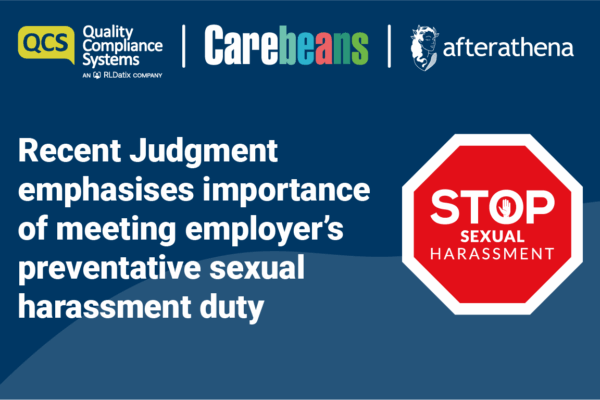
Whilst this degree of poor practice is being put down as a rare occurrence, none of us are perfect, although we strive to attain the highest standards in all areas of practise, we all have ‘off days’! If there is any incentive to be always on top of our game, it is the possibility that other people might be filming in our surgeries using covert equipment. It happens!
It won’t happen to me!
Some of us are old enough to remember the 1980’s television documentary called ‘Drilling for Gold’, in which journalists used all sorts of investigatory methods to expose dodgy practice. For a little while, this sent shock-waves through the profession.
More recently, the Daily Mail investigation into clinical practice and dentist’s earnings brought investigative journalists and secret ‘test’ patients into our surgeries. Thirty years after the TV program, this was entitled “Drilling for gold: As dentist’s salaries soar, are you being ripped-off or do you really need all those extra fillings?”.
Doctors and dentists should now be aware that patients can, and possibly already are, recording consultations and treatment with a view to catching out professionals who they are unhappy with. This has happened in the home-care industry and the ready availability of cheap covert recording equipment on the internet makes it possible for someone with virtually no technical ability to become a health-spy.
CQC
In the case of Dr D’Mello, an inspection of his practice last year raised no cause for concern. However, in light of the information received by NHS England, a re-inspection identified failings in cleanliness and infection control standards, safety and suitability of equipment and monitoring of the quality of service. This really highlights the difficulty that CQC have of relying on relatively superficial inspection processes. The new dental inspection process is going to target practices about which there are concerns, this means taking note of patient concerns and reacting in a focussed way.
If you can keep in mind that every new patient walking through the door could be a journalist, or a patient on a mission, it certainly helps with making standards a priority. The old wartime warning that ‘walls have ears’ can now be updated.






